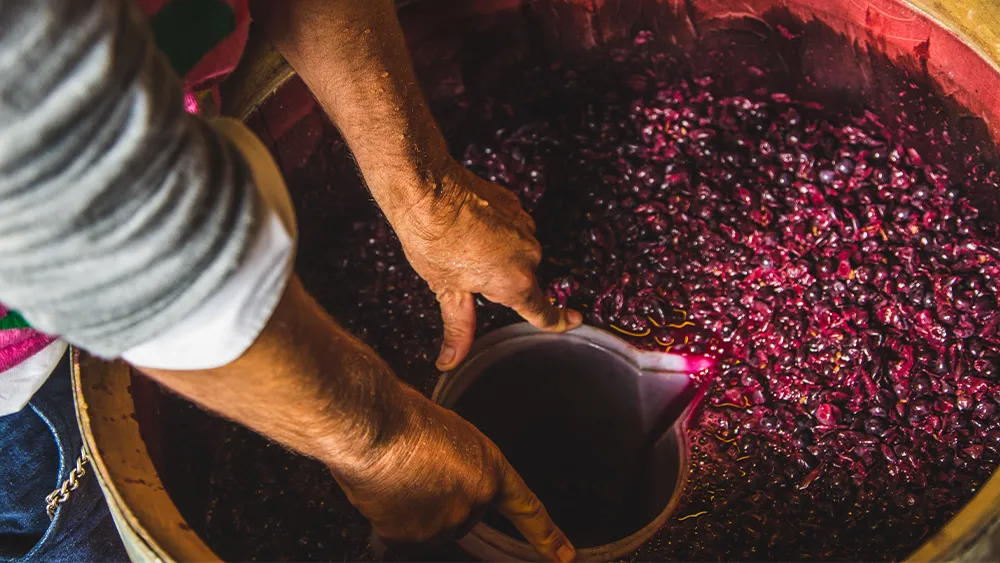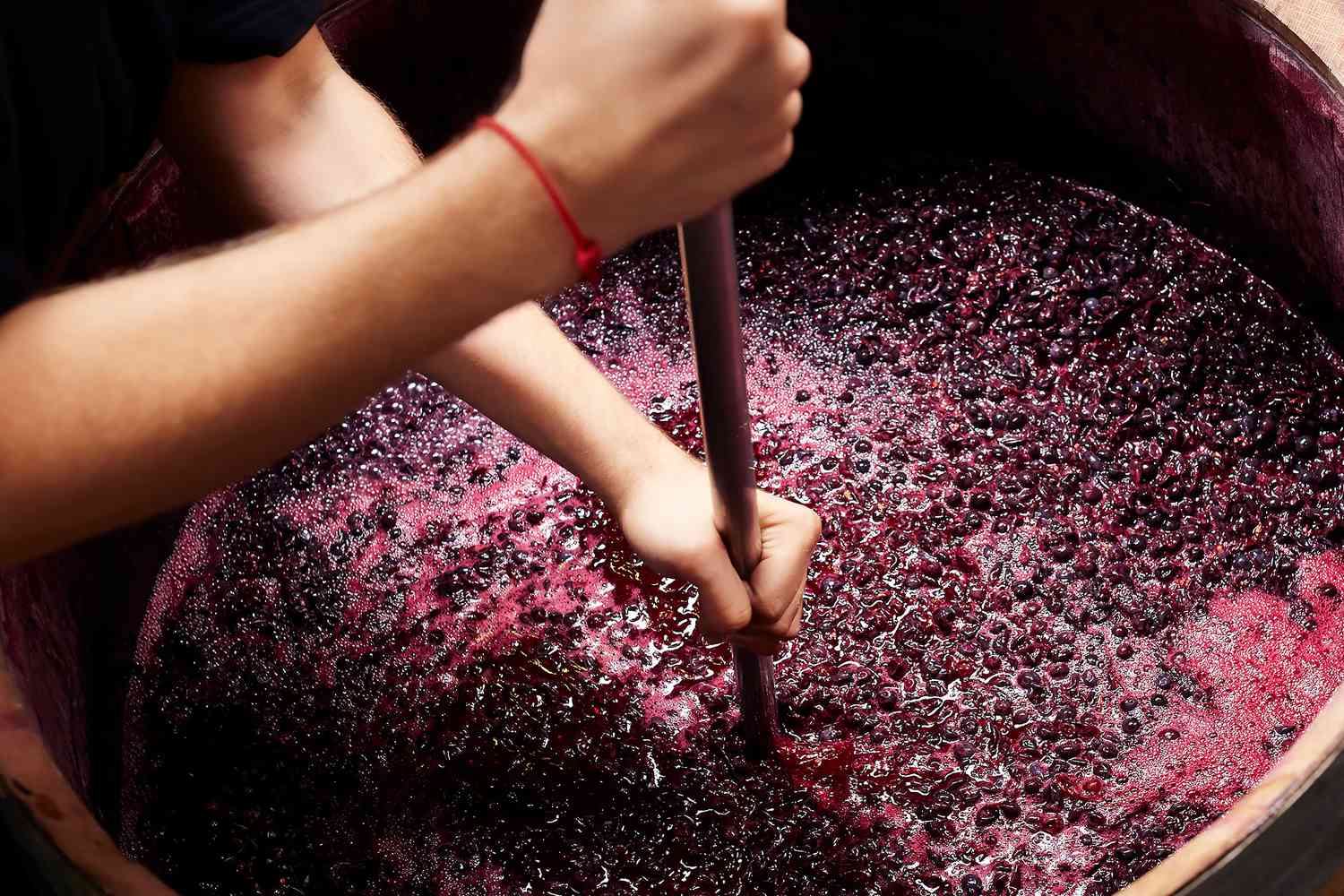Natural wine has emerged as one of the most polarizing topics in the wine world, sparking passionate debates between traditionalists and modernists. This minimally processed wine movement represents a return to ancient winemaking methods, where grapes are transformed into wine with little to no human intervention. Unlike conventional wines that rely on commercial yeasts, additives, and technological enhancements, natural wine embraces a “grape to glass” philosophy that prioritizes authenticity over consistency.
The controversy stems from natural wine’s lack of standardization and its dramatically different flavor profiles. Some bottles taste funky, cloudy, or even reminiscent of kombucha rather than traditional wine. While advocates praise natural wine for its environmental sustainability and health benefits, critics argue that the absence of quality controls can lead to unpredictable and sometimes unpalatable results. This divide has created a fascinating cultural phenomenon where wine lovers either embrace the movement wholeheartedly or dismiss it entirely.
What Defines Natural Wine
Natural wine operates on a philosophy of minimal intervention throughout the entire production process. The movement begins in the vineyard, where grapes must be grown organically or biodynamically without synthetic pesticides, herbicides, or chemical fertilizers. Hand-harvesting is typically required to ensure gentle handling and maintain grape integrity.
The winemaking process distinguishes natural wine from conventional alternatives. Fermentation occurs using indigenous yeasts naturally present in the vineyard and cellar, rather than laboratory-created commercial yeasts. This spontaneous fermentation creates unique flavor profiles specific to each location and vintage. Natural winemakers avoid adding sugars, acids, color stabilizers, or other common additives used in conventional wine production.
Filtration and fining processes are minimal or completely avoided, resulting in wines that may appear cloudy with visible sediment. Sulfites, commonly added to preserve wine and prevent oxidation, are either eliminated entirely or kept to extremely low levels. This minimal-intervention approach means natural wines are more fragile and have shorter shelf lives than conventional wines.
The Health and Environmental Appeal

Natural wine advocates tout several health benefits that distinguish these wines from conventional alternatives. The absence of added sulfites may reduce allergic reactions and headaches commonly associated with wine consumption. Natural wines typically contain lower alcohol and sugar levels, potentially leading to reduced hangovers.
The fermentation process using native yeasts and bacteria creates natural probiotics that support digestive health. These beneficial microorganisms feed the gut microbiome, promoting intestinal wellness. Additionally, natural wines are inherently vegan since they avoid animal-derived fining agents commonly used in conventional wine production.
Environmental sustainability represents another compelling aspect of natural winemaking. The organic farming practices eliminate harmful pesticides and chemicals that can damage the soil for future crops. Natural winemakers focus on honoring the soil through sustainable farming practices that are gentler on the earth. This approach aligns with growing consumer awareness about the environmental impact of food and beverage production.
Why Natural Wine Remains Controversial
The primary source of controversy surrounding natural wine lies in its lack of standardized definition and regulation. Unlike other wine categories, natural wine has no official certification body or universally agreed-upon standards. This absence of regulation means that producers can interpret “natural” differently, leading to inconsistency in quality and style.
Critics argue that the minimal intervention approach can result in wine faults that would be corrected in conventional winemaking. The use of native yeasts and the lack of filtration can produce off-flavors, excessive funkiness, or bacterial contamination. Some natural wines taste more like sour beer or kombucha than traditional wine, alienating consumers expecting conventional wine characteristics.
The debate extends to sulfite levels, with some natural wine proponents advocating for zero sulfites while others accept small amounts. This disagreement even among natural wine advocates highlights the movement’s lack of cohesive standards and contributes to ongoing controversy within the wine industry.


